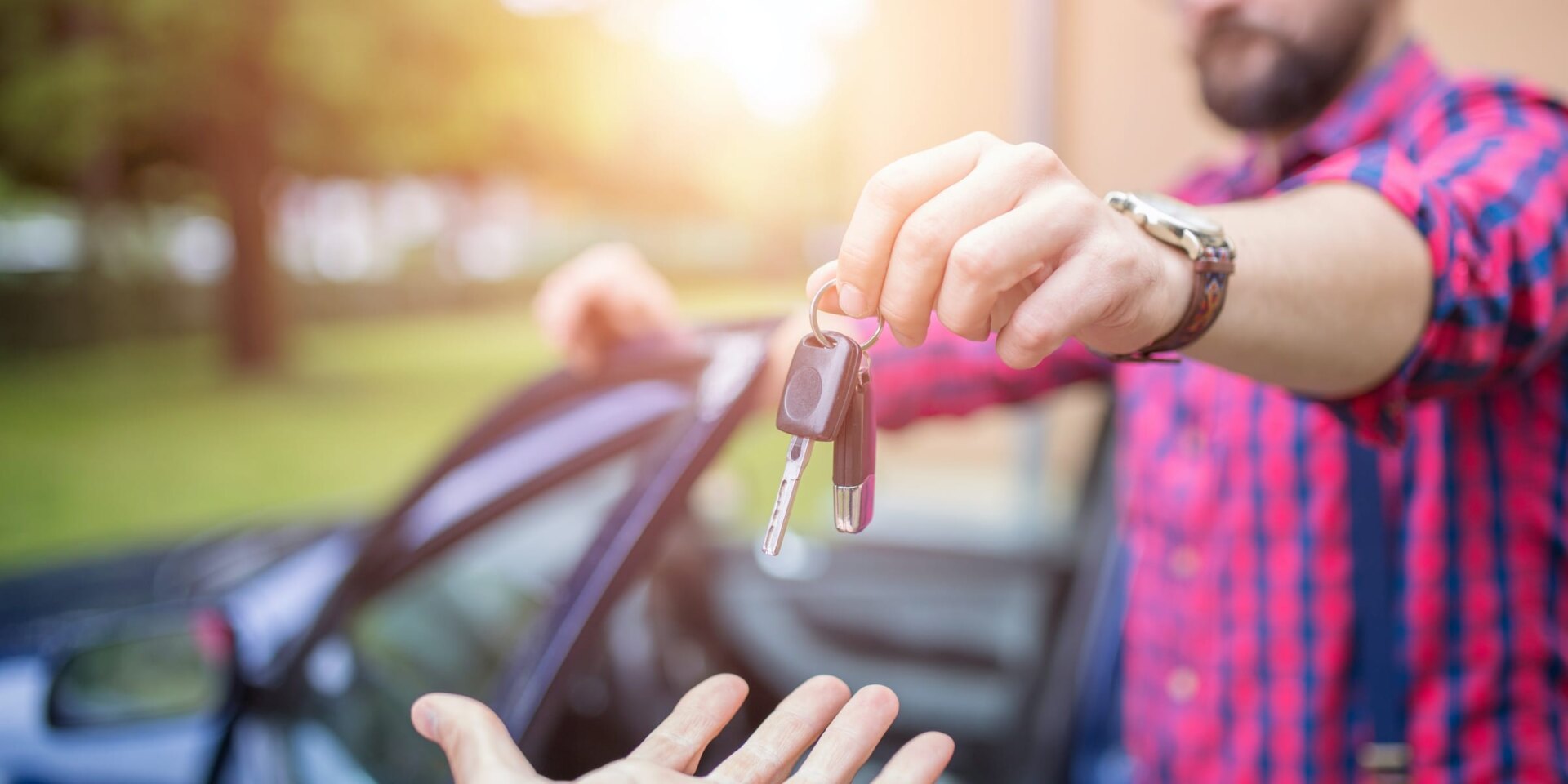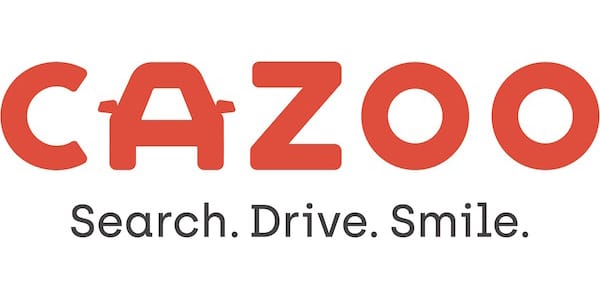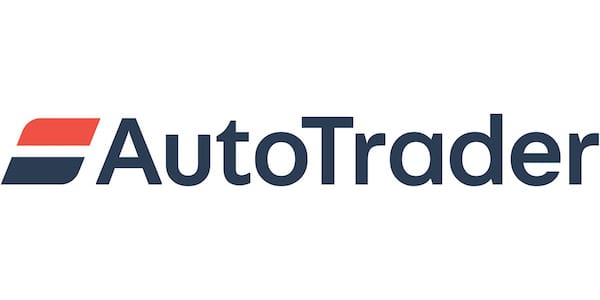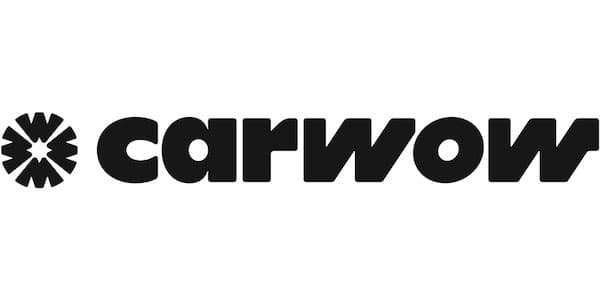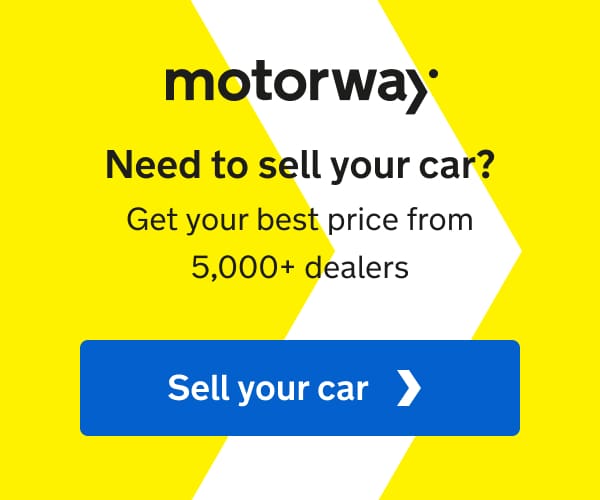You’ve prepped your car, written a great ad and got the price right. Here are our tips on how to follow through to a successful sale, and how to spot scams.
Be available to quickly answer questions while the ad is running and reply quickly to emails. It could make the difference between somebody buying your car over another.
If you’ve sold your car through an online auction such as eBay, be available near when the auction ends to answer last-minute questions. Be open and friendly – you do want to sell, after all – and you’ll get a feel of who you are dealing with. Think of it as good customer service.
Arranging a viewing
It’s completely natural for a buyer to want to view a used car in the metal before committing to a purchase, so expect people to want to come and look it over and have a test drive. If they want to buy it straight away, sight unseen, it could be a sign of a scam, which we’ll deal with further on.
Ask your prospective buyer for contact details – a mobile phone number at the very least, as they may be calling from a withheld number. For the test drive, ask them to bring their driving licence and a proof of their insurance showing they can drive a car which does not belong to them (usually included on comprehensive policies).
Some people may not have this on their insurance. In this case, a prospective buyer can cheaply purchase temporary insurance for the duration of the test drive – some companies offer insurance for as little as an hour, specifically for this sort of thing.
Never arrange to meet at a venue the buyer suggests, such as a remote trading estate or car park. Keep it to your base, and it’s good to have a friend or family member about when you have somebody over to view the car and if you sell it, at the handover. Our Expert Partner Auto Trader produces a free safety checklist which is available to all visitors to its site.
Make sure all the paperwork is at hand to view; the crucial bit of paper is the logbook, called the V5C, which proves you are the owner. This should be two sheets of A4 folded, with none of the tear-off sections missing. Showing a paper MOT certificate no longer applies as they went online from January 2021. Also find any paper service records and bills.
The inspection and test drive
If the car has become dirty since you placed the ad, give it another clean. Remove all your personal items and put them indoors. Also, top up the windscreen washer fluid, check the tyres are still good (and legal). Make sure all the exterior lights are working and replace any blown bulbs – it’s illegal anyway.
Make sure your car starts! If you’re not using the car regularly, the battery could easily run flat. If it’s petrol or diesel car, there’s no need to fill the tank but make sure it’s not about to run out. If it’s an electric car, charge it up to 100% as the buyer will almost certainly want to check the instruments to see what the maximum range is.
Your buyer may be bringing somebody with them, which isn’t unusual. They may want a friend for a second opinion, or it may be a parent helping their offspring.
In a private sale (as opposed to a dealer), a test drive isn’t a case of ‘see if you like it’ but more to check for any faults. Check to see the proof of insurance before allowing anyone to drive your car on the road and always go with them.
In all cases, never leave a potential buyer alone with the vehicle or give them the keys. If you have a keyless fob, keep hold of it at all times, even on a test drive.
Closing the deal
If you’ve decided to go for a private sale in the first place, you’re probably prepared for a bit of haggling and most buyers will expect to do it. You should already know how far you’d be prepared to drop the price, and the best way to avoid a dispute over things which a buyer claims to have spotted for the first time is to have provided a very honest description of any flaws in the original advert.
As we explained in this earlier feature, the more photos in your advert the better. Auto Trader allows up to 100 photos in all its price packages – you definitely don’t want that many, but make sure you cover all of the key aspects both inside and outside the car.
If you’re not happy or the offer is way too low, you can call a halt. If you don’t want to sell to somebody and they’ve not paid you anything, you don’t have to. You can’t get bad feedback on a classified ad. Take a breath, extend the advert, and have another go. Ultimately, it’s your car and it’s up to you whether to accept any offer.
With an auction such as eBay, if somebody has already paid you are obliged to sell to them, like any item, but under certain circumstances that can be reversed. With this kind of classified ad, always make the transaction through the auction site so you have protection.
Payment
A bank transfer is the most straightforward way to make payment on a private sale. Most banks now offer a faster payment service that should see money transferred from the buyer to you in a couple of hours and you should insist on this. Otherwise, the transfer of monies could take days and that leaves both you and the buyer hanging, and increases that chances of things falling through.
To get payment, you only have to give your account number, sort code, and account holder name – never give anyone your PIN or log-in details.
Wait until all the money is in your account and cleared before releasing the car. The same applies to a cheque or a banker’s draft, which can be cancelled before the funds transfer to you. Don’t hand over any documents ahead of this and don’t let visitors take photos of them.
Once you hand over the keys to another person, your car’s gone and you’re not going to get it back. If you do so before the money is safely in your account, you’re taking a huge risk and your insurance won’t cover you if the buyer turns out to be a fraud.
We don’t recommend taking physical cash for a car under any circumstances. Are you a specialist in identifying counterfeit currency or laundered money? Didn’t think so.
Anyone who insists in paying you directly in cash is unlikely to be legitimate, and you’ll be the one who ends up getting burned when you try to deposit that money in your bank account. You’ll also have just taken thousands of pounds from a complete stranger who now knows where you live andknows that you have a lot of cash on the premises…
If you are willing to take a cash payment larger than a few hundred pounds, you should arrange for this to take place at a branch of your bank. The staff there can count out the notes and guarantee they’re genuine. That puts the burden of proving the cash is legitimate onto the bank, rather than on you. You’ll also be able to pay the money into your account immediately.
Scams
Hundreds of private sales take place every day without a hitch, but there are occasional scams to looks out for.
Action Fraud warns of a type of advance fee fraud called vehicle matching. A fraudster calls a private seller who has just placed an advert for their car. The fraudster claims to have an immediate buyer for the car. They ask for an upfront fee which they say is refundable if the car isn’t sold. Of course the car isn’t sold but the refund is never paid.
The money transfer service Paypal warns of another scam, where a ‘buyers’ isn’t interested in seeing the car and transfers the money to you straight away. They then overpay, tell you that they accidentally overpaid you, and ask you to refund the difference.
This scammer may have paid you with a stolen credit card, or bank account number. The bank will be able to reclaim the entire payment from your account, but you’ll also have paid the scammer the additional ‘overpayment’ amount, which is how the fraudster profits.
Paypal says if a customer overpays you and asks you to wire them the difference, consider cancelling the order—it’s very likely to be fraudulent.
If a viewer turns up with a ‘knowledgeable friend’, it could be a distraction tactic. A few years ago, the RAC warned consumers of something called the ‘dirty oil’ trick where a pair of fraudsters turns up to view a car for sale. While one potential buyer distracts the owner, the other will pour oil into the coolant reservoir, causing smoke to pour out of the engine during the test drive.
Don’t let anyone but the buyer pick up the car, and as we’ve said, don’t release any documents (or allow anyone to take photos of them) until the payment is cleared. Never give your credit card or debit card details out to somebody who is trying to buy something from you.
Collection day
Once payment has cleared, then you can hand over the car to the buyer. Find the second set of keys if applicable, charging cable for an EV, owner’s handbook and locking wheel nut key there is one.
Cut out the blank green part 6 ‘new keeper’ slip from the logbook (V5C) to give to the buyer and you keep the rest. Selling to a private person, you then fill in the green part 2 for which you need their full name and address, and you send it off.
You can also tell the DVLA online when you no longer own a vehicle, or when you buy a vehicle as its registered keeper. When a car transfers ownership sold, you can cancel your tax and get a refund for any whole unused months and the new owner taxes the car afresh.
All too much hassle?
Many private car sales take place every day where everybody ends up happy, but if having read this you decide that maybe it’s not for you this time round, you’re certainly not alone.
More and more car owners are turning to specialist car buying services when they want to sell their car. We have partnerships with a few of the best companies in this sector, so if you’d prefer a quick and convenient way to sell your car – with the proviso that you may get a little less money for it. It certainly won’t cost you a penny to get an offer, and you may be pleasantly surprised.
Read more:

